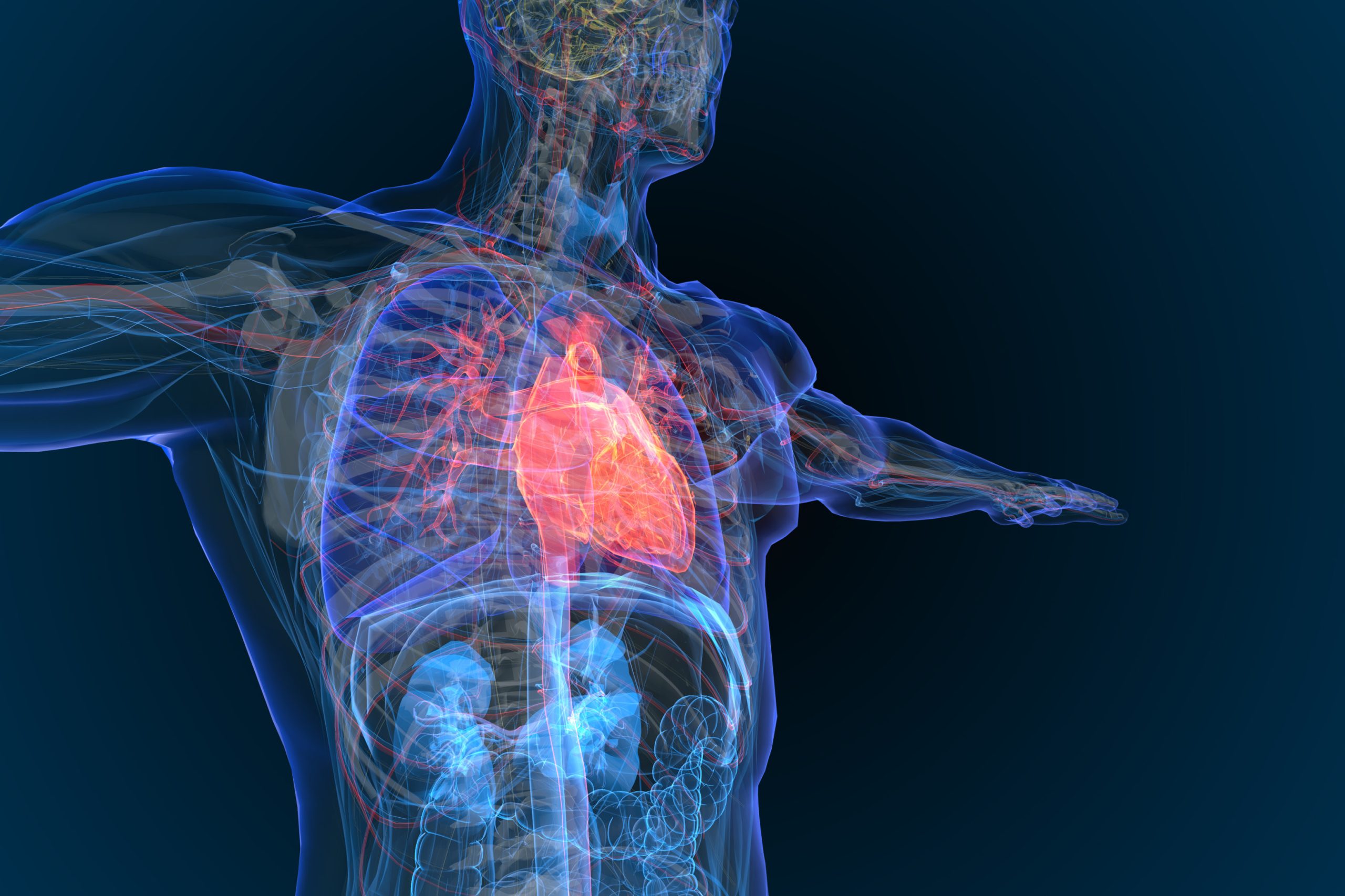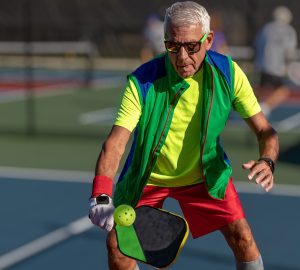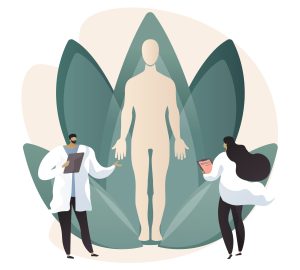support for nursing education | Saint Louis University is among 20 colleges and universities awarded a portion of $5 million in grant funding from the Missouri State Board of Nursing. The university will use the $99,704 it will receive to invest in technology for the Trudy Busch Valentine School of Nursing, such as equipping classrooms with wireless projection devices and providing faculty with iPads. “Faculty can use them to annotate, visually link and illustrate concepts, and improve visualization and understanding of content,” professor of nursing Margaret Bultas, Ph.D. “This is especially beneficial as nurse educators renew their focus on competency-based education and development of practice-ready nurses.”
radiation therapy & heart failure
Researchers at Washington University School of Medicine have found that low-dose radiation therapy may improve function in patients with various forms of heart failure. Previously, the method was used to treat an abnormal heart rhythm called ventricular tachycardia, and these findings indicate that its effectiveness may be more varied than previously understood. “The radiation therapy used to treat ventricular tachycardia is targeted to a specific location in the heart; however, a large portion of the rest of the heart gets a low-dose exposure,” says co-senior author and cardiologist Dr. Ali Javaheri. “There was concern that it could be harmful to overall heart function, even though it treats dangerous arrhythmia. We were surprised to find the opposite: Heart function appeared to be improved after radiation therapy, at least in the short term.”
meet “toni”
Mercy has recently introduced an innovative chatbot called “Toni.” Acting as a virtual assistant, Toni uses smart technology to complete tasks like scheduling appointments and refilling prescriptions. Its key features include 24/7 accessibility, instant assistance, personalized interaction, secure identification and live agent connection if the patient prefers to speak with a real person. “While consumers encounter chatbots in many industries, they’re relatively new to health care,” says Steve Mackin, Mercy president and CEO. “These tech advancements save patients time. Toni is part of Mercy’s commitment to using technology to make the health care experience better, more convenient and, most importantly, private and secure.”
smoking & brain health
It is known that smoking is linked with smaller brain volume. However, as both can be heritable factors, it remains unclear which is the instigator. Research at Washington University School of Medicine investigated the connection between smoking and brain volume by looking at personal history and genetic predisposition. The team’s finding indicated that smoking leads to smaller brain volume, rather than vice versa. The discovery could help explain why smokers are at a high risk of age-related cognitive decline and Alzheimer’s disease. “A reduction in brain volume is consistent with increased aging,” says senior author Dr. Laura J. Bierut, the Alumni Endowed Professor of Psychiatry. “This is important as our population gets older, because aging and smoking are both risk factors for dementia.”








